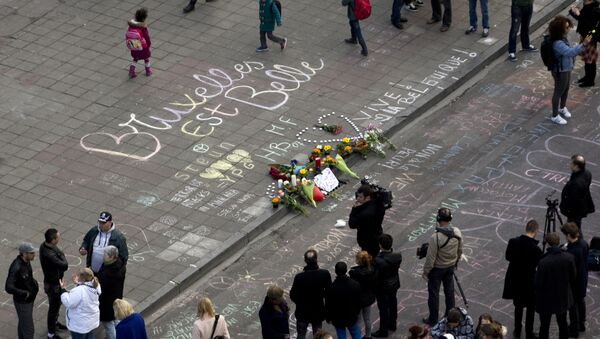Commenting on the attacks in an op-ed for Spain's El Pais newspaper, Torreblanca, a journalist and professor at Madrid's National University of Distance Education, writes that "all terrorist attacks perpetrated on European soil have a hopeless and infuriating script: while the terrorists strike Europe with all their strength, Europe's reaction is minimalistic."
The terrorists' rationalizations for their behavior and their life path, the commentator suggests, "indicates a fierce hatred of all things European: personal freedoms, democratic values, religious tolerance. Anyone who partakes in this Europe…becomes a potential target for attack, even if he is a Muslim. This explains why the terrorists who took 1,500 people hostage in Paris's Bataclan theatre [last November] did not separate them by religious or national affiliation."
The Paris attacks, Torreblanca notes, were an attack on Europe as a whole, "but were not reacted to as such."
"Instead of requesting the activation of the solidarity clause under Article 222 of the Lisbon Treaty, which would have implied a collective and coordinated response from the European Union, the French government appealed to Article 42, providing for a response at the intergovernmental level and outside of EU institutions."
"Behind the legal technicality was a very clear message," the commentator noted, with the French government's speedy decision to begin bombing Daesh positions demonstrating that it "wanted to reserve complete freedom of action on all fronts in the fight against terrorism."
Today, Torreblanca argues, "to remind us of this, the jihadists attacked Brussels, the capital of the European Union. But many will continue to believe that it was an attack on Belgium."
"Europe," the commentator notes, "is an abstract entity for which no one wants to die, but there are many who are willing to kill Europeans, which should provide a measure of strength for our identity and project."




